The new home for Blockly
I am delighted to announce that the Raspberry Pi Foundation is the new home for Blockly, the world’s leading open source library for visual programming.
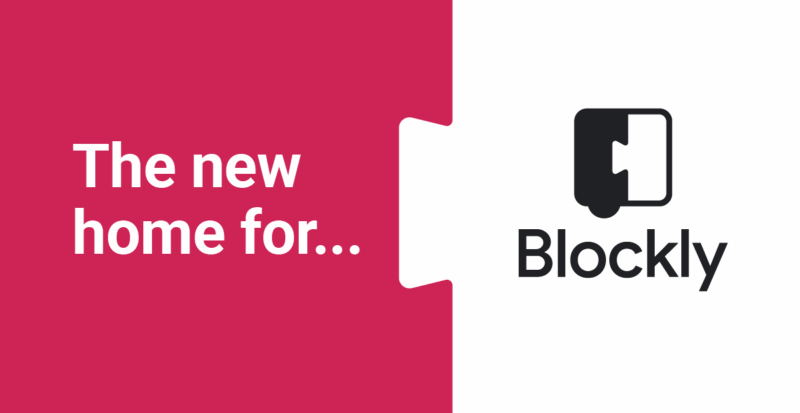
What is Blockly?
Blockly is a free, open source library that enables developers to build applications and websites that use block-based coding interfaces. That means that instead of typing code, you snap blocks together to build programs. Behind the scenes, those blocks are turned into text-based code like JavaScript and Python.
Blockly started life in 2011 in Google as a passion project of one engineer. Since then — thanks to the generous support of Google, a small team of brilliant engineers, and an amazing community of open source contributors and partners — it has grown to become the de facto standard for visual programming interfaces.
In particular, Blockly is the foundation for pretty much all of the block-based coding applications that you may have used to teach or learn about programming. Platforms like Scratch, MakeCode, and MIT’s App Inventor are all built with Blockly. It’s no exaggeration to say that hundreds of millions of young people have learnt the fundamentals of computer science using software that is built with Blockly.
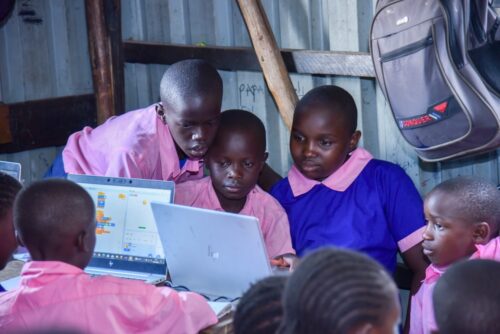
As we enter the age of AI, it is more important than ever that all young people develop a foundational understanding of computer science. Blockly and the block-based coding platforms and applications that it enables are essential to realising that vision.
You can read more about the importance of coding in the age of AI in our position paper.
Blockly is also widely used to create interfaces that control hardware and robotics platforms. And, while its main use cases are in education, Blockly is increasingly being used to build industrial and commercial applications.
What does this change mean?
From 10 November 2025, the Blockly open source library and assets, and key members of the Blockly team will transition from Google to the Raspberry Pi Foundation.
Our vision is for Blockly to continue to be the standard visual programming interface that makes coding accessible to all. We are committed to maintaining Blockly as an open source project, and to working collaboratively with the community of developers and educators.
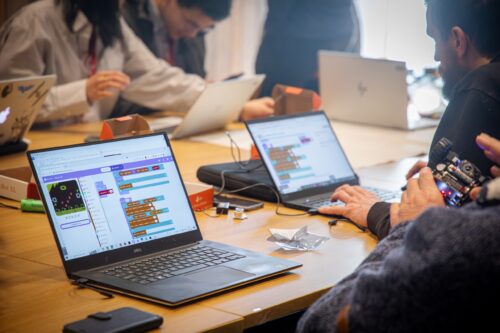
Over the next year, we will roll out features that improve accessibility, including screen reader support and keyboard navigation, working closely with partners to support implementation of these accessibility improvements across their platforms.
Looking to the future, we want to make sure that Blockly is at the leading edge of innovations that support the teaching and learning of programming in the age of AI. We’re also excited about the potential for the Blockly team to collaborate with the Foundation’s research, learning, and product teams.
If you are already part of the community of developers and educators, then I want to reassure you that you can continue to expect the same outstanding partnership and support from the Blockly team. We also look forward to welcoming many more members to the Blockly community over the coming years.
Finally, I want to say a huge thank you to Google for their support for Blockly over the years, and for enabling this transition with generous grant funding.

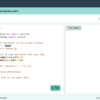
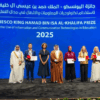

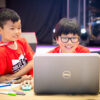

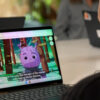
No comments
Jump to the comment form